In recent years, counterfeit spirits have become a growing concern worldwide, posing serious health risks to consumers. These fake liquors are often poorly made, containing harmful ingredients and misleading branding. In this article, we will explore the dangers of counterfeit spirits, how to identify them, and practical steps to protect yourself from these deceptive products.
1. The Rise of Counterfeit Spirits
Counterfeit alcohol is not a new problem, but its prevalence has increased significantly in recent years due to global demand and the rise of online shopping.
Key Factors Contributing to the Increase:
- High Demand for Luxury Brands: Many consumers seek out premium brands, making them targets for counterfeiters.
- Online Sales: The rise of e-commerce has made it easier for counterfeit products to enter the market.
- Lack of Regulation: In some regions, lax regulations allow counterfeit products to thrive.
2. Dangers of Consuming Counterfeit Spirits
Consuming counterfeit alcohol can lead to severe health consequences, including poisoning and long-term health issues.
Potential Health Risks:
- Toxic Ingredients: Many counterfeit spirits contain dangerous substances like methanol, which can cause blindness or death.
- Unregulated Production: These products are often made in unsanitary conditions, leading to contamination.
- Lack of Quality Control: Without oversight, counterfeit spirits may contain harmful additives.
3. Identifying Counterfeit Spirits
Recognizing counterfeit spirits is essential for protecting your health and safety. Here are some tips to help you spot fake products.
Signs of Counterfeit Spirits:
- Label Inconsistencies: Check for misspellings, incorrect logos, or unusual font choices on the label.
- Unusual Packaging: Look for poor-quality packaging, such as flimsy bottles or cheap seals.
- Price Too Good to Be True: If the price is significantly lower than expected, it could indicate a counterfeit product.
- Lack of Import Information: Genuine products typically display import details, including a government warning label.
4. How to Avoid Counterfeit Spirits
To ensure you’re purchasing authentic liquor, consider the following strategies.
Practical Tips:
- Buy from Reputable Retailers: Stick to trusted liquor stores and well-known online platforms.
- Research Brands: Familiarize yourself with the brands you purchase, including their packaging and labeling.
- Check for Certifications: Look for certifications and quality seals on the bottle to ensure authenticity.
- Educate Yourself: Stay informed about the latest trends in counterfeit products and how to recognize them.
5. Reporting Counterfeit Spirits
If you encounter counterfeit products, it’s crucial to report them to the appropriate authorities to help prevent further distribution.
Steps to Report:
- Document Evidence: Take photos and note details about the product and where you purchased it.
- Contact Local Authorities: Report counterfeit products to local law enforcement or consumer protection agencies.
- Notify the Brand: Reach out to the brand’s customer service to inform them of the counterfeit.
6. The Importance of Consumer Awareness
Raising awareness about counterfeit spirits can help protect consumers and reduce the market for fake alcohol.
Community Initiatives:
- Public Education Campaigns: Programs aimed at educating the public about the dangers of counterfeit alcohol.
- Collaboration with Brands: Liquor brands can work with authorities to combat counterfeit products and ensure consumer safety.
- Social Media Awareness: Leveraging social media to spread awareness about counterfeit spirits and how to avoid them.
Conclusion
Counterfeit spirits pose significant risks to consumers, but by staying informed and vigilant, you can protect yourself and others from dangerous fake alcohol. Always prioritize purchasing from reputable sources and be aware of the signs of counterfeit products. Together, we can reduce the prevalence of counterfeit spirits and promote safer drinking practices.


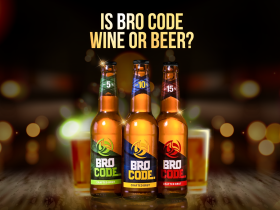
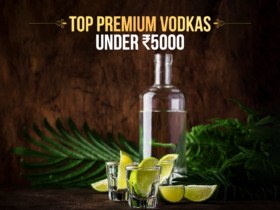
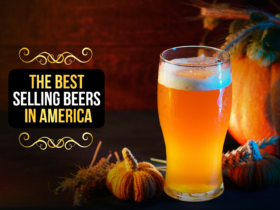
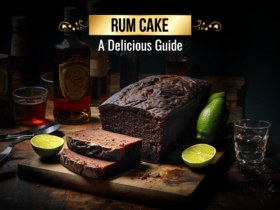


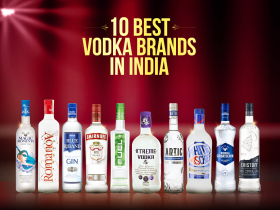
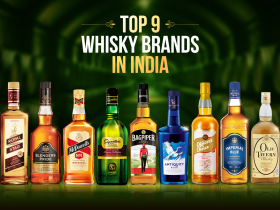






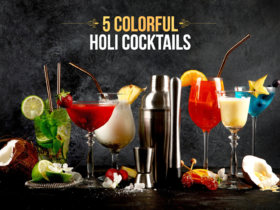



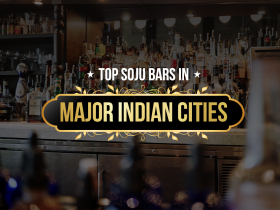
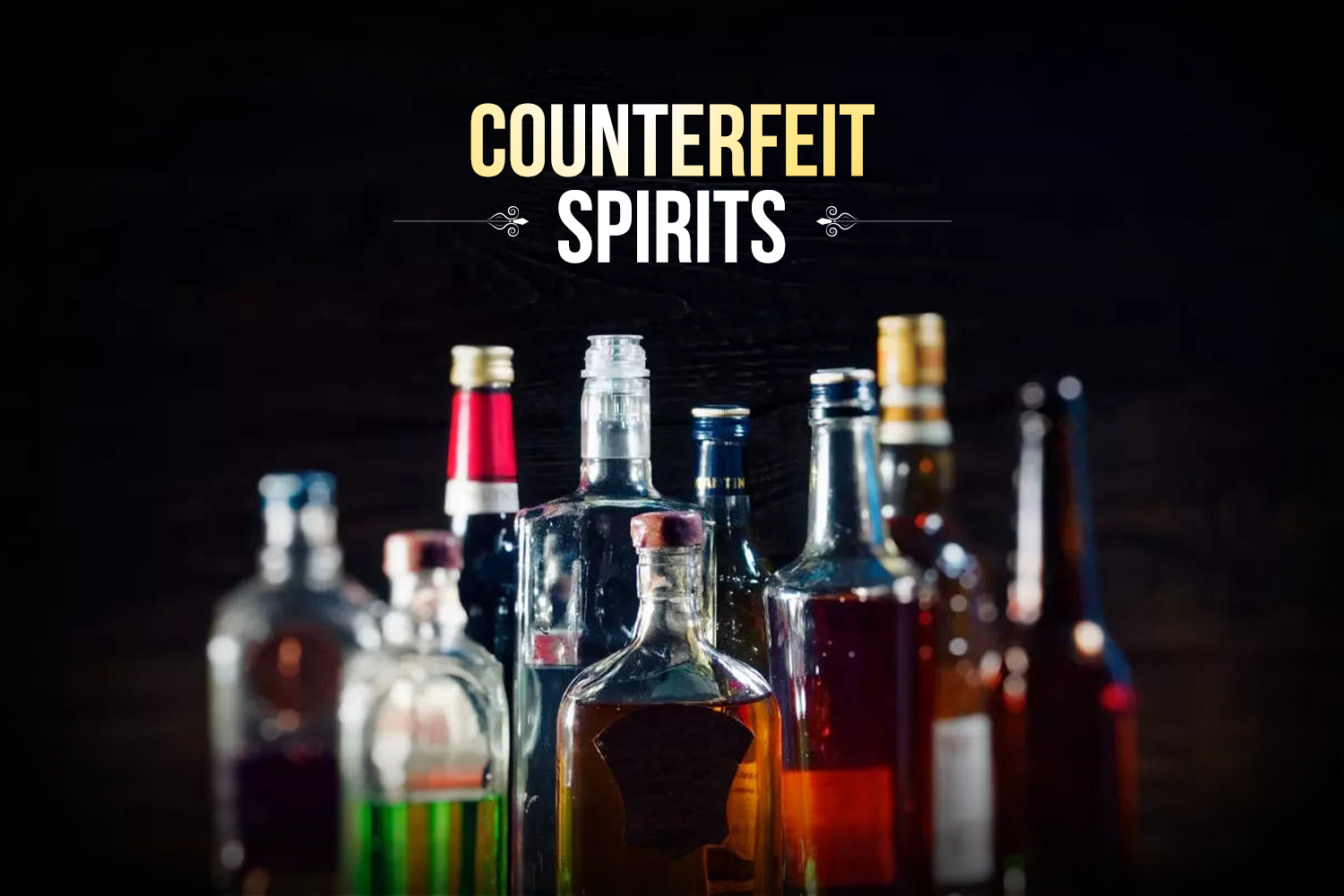
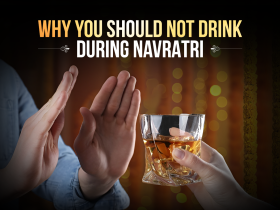
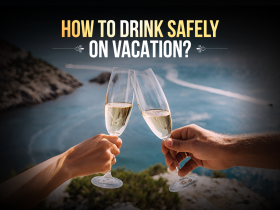

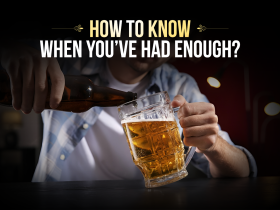
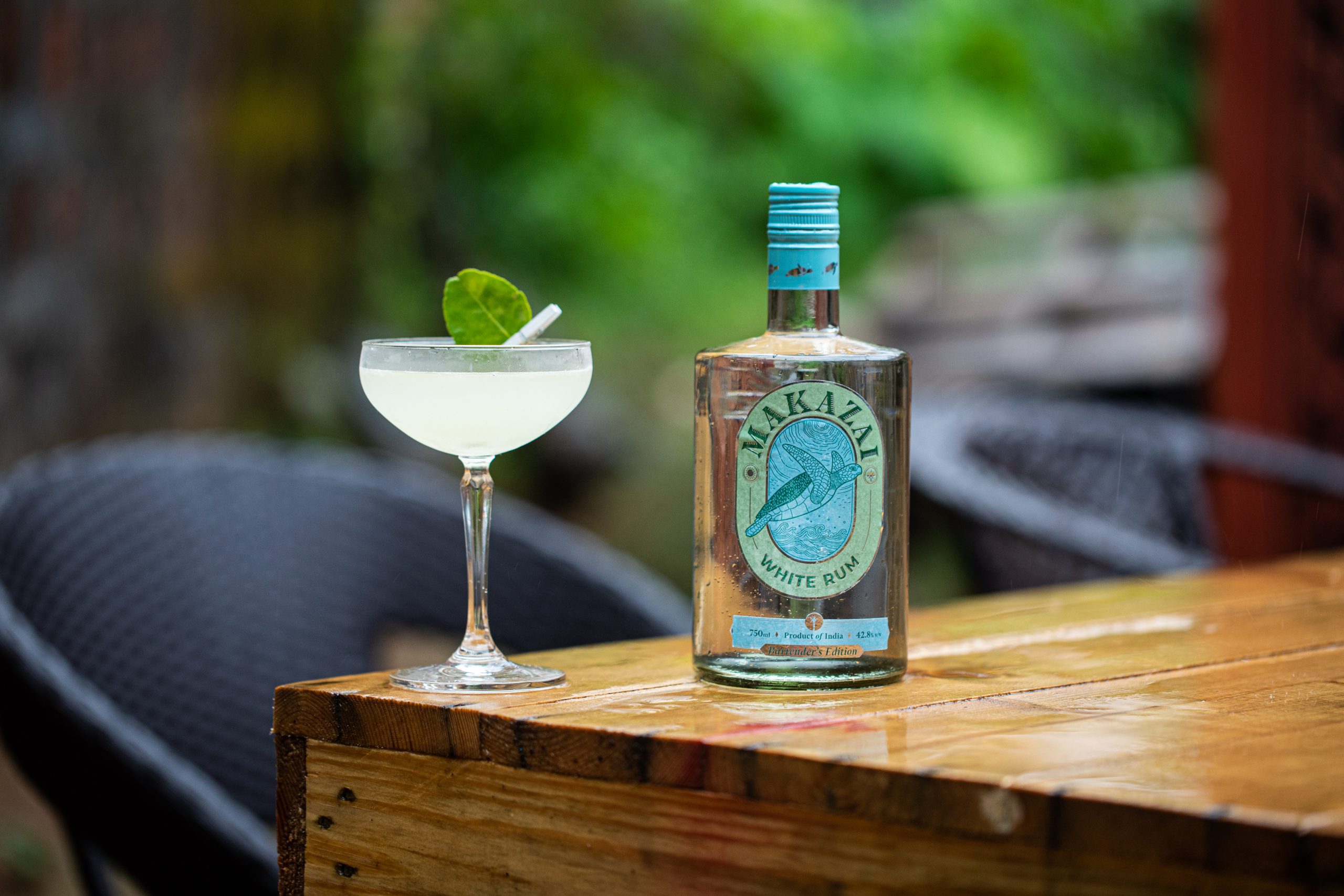
Leave a Reply